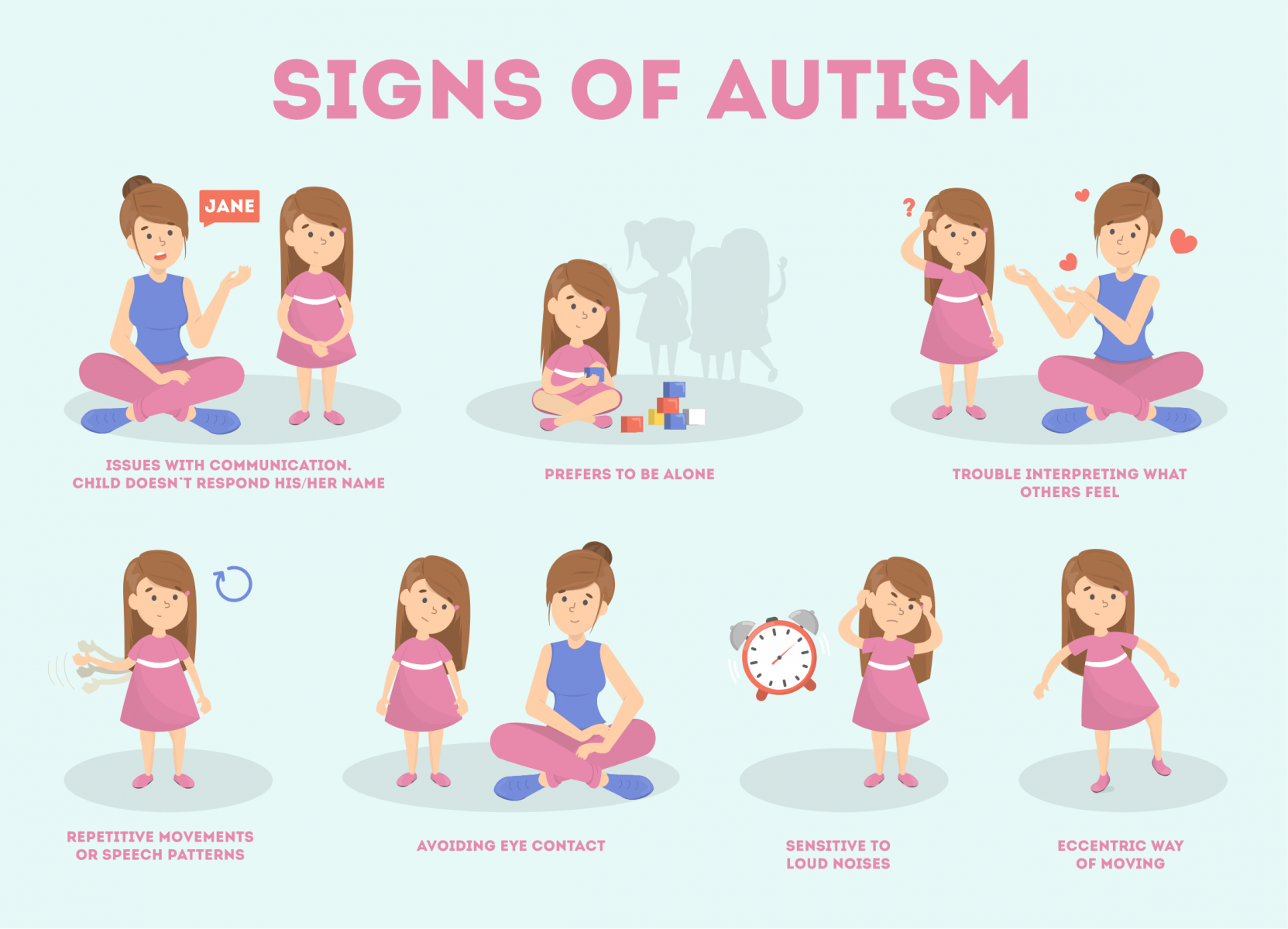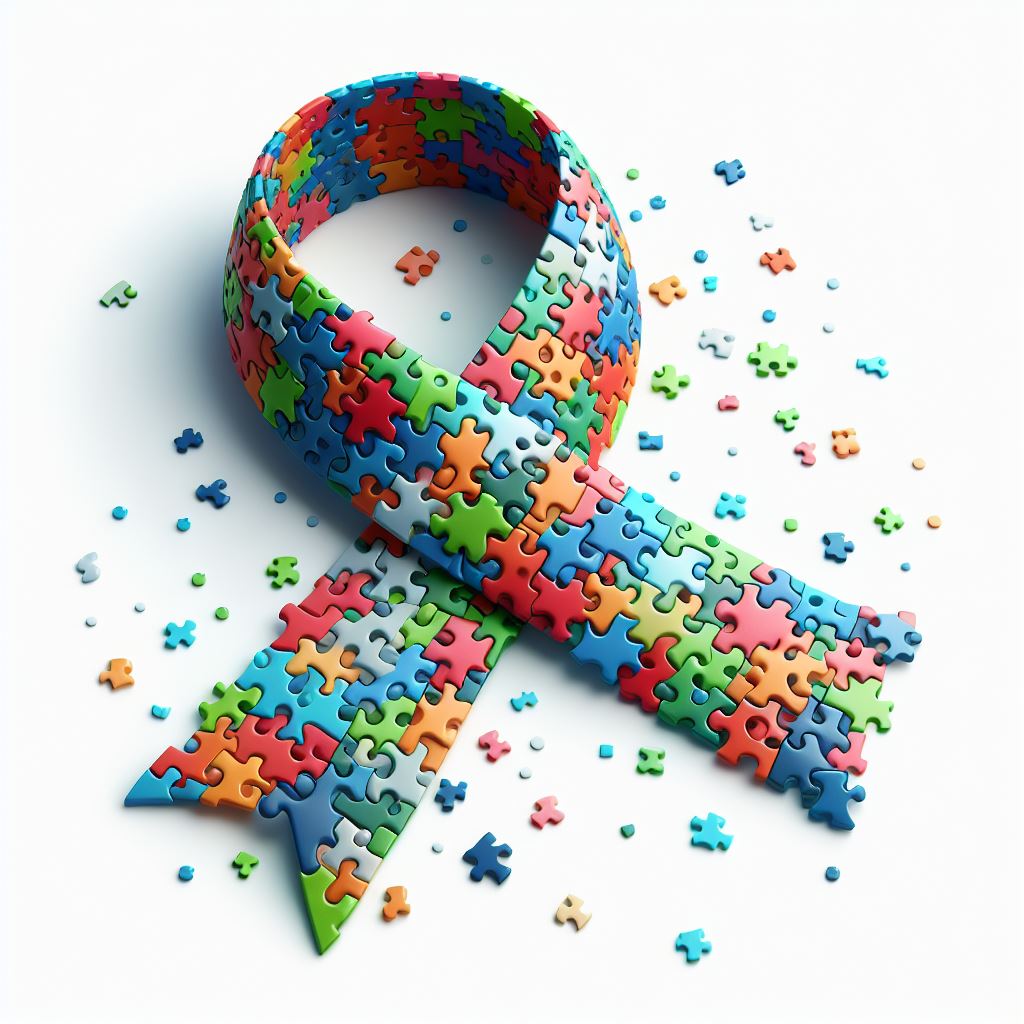The Value of Family Members Assistance in the Trip with Autism
The Value of Family Members Assistance in the Trip with Autism
Blog Article
Recognizing Autism: A Comprehensive Guide to Indicators and Signs
Autism Range Condition (ASD) incorporates a wide range of qualities that can substantially influence a person's social communications and daily functioning. Comprehending these nuances not only aids caregivers and teachers in offering suitable assistance however likewise cultivates a more comprehensive setting for people with ASD.
Introduction of Autism Range Condition
Defining Autism Range Disorder (ASD) involves recognizing it as an intricate neurodevelopmental problem identified by a series of obstacles in social communication, communication, and behavioral patterns. The term "spectrum" reflects the wide variability in signs and symptoms and their extent, which can vary substantially from one person to one more. ASD usually materializes in early childhood, although some people might not obtain a medical diagnosis up until later in life.
Factors affecting the advancement of ASD consist of ecological elements and genetic proneness, although the precise causes remain under examination. Medical diagnosis commonly counts on behavioral analyses, as there are no conclusive medical examinations for ASD. Early intervention is crucial and can substantially improve outcomes, concentrating on enhancing interaction skills, social communications, and adaptive actions.
Individuals with ASD might likewise show special strengths, such as remarkable focus to detail or details areas of know-how. Understanding the complex nature of ASD is vital for fostering an inclusive setting that suits neurodiversity. Continued research study is vital for establishing effective treatments and support systems, allowing people with ASD to prosper and meet their prospective within society.
Usual Signs of Autism
Acknowledging the common indications of Autism Spectrum Condition (ASD) is vital for early recognition and treatment. These indications can differ widely in intensity and discussion, but specific features are frequently observed in individuals with ASD.
One of the most common indications is a significant trouble in keeping and establishing eye contact. People might additionally display minimal rate of interest in social communications and reveal a preference for solitary play.
Sensory sensitivities are additionally usual; people may underreact or overreact to sensory stimulations, such as textures, lights, or sounds. autism. Language development can be atypical, with some children showing postponed speech or using language in uncommon methods, including echolalia-- repeating sentences or phrases heard somewhere else
It is crucial to keep in mind that not every individual with ASD will certainly show all these signs, and the level of these habits can differ significantly. Early acknowledgment permits timely support and sources, improving the quality of life for those on the range.
Social Communication Obstacles
Social communication obstacles are a trademark of Autism Spectrum Condition (ASD), influencing a person's ability to involve efficiently with others. These troubles can materialize in numerous methods, consisting of difficulties in launching and preserving conversations, understanding social signs, and responding properly in social interactions.
Individuals with ASD might have a hard time with nonverbal interaction, such as eye get in touch with, faces, and body language. This can bring about misconceptions, as their communicative intent may not be appropriately interpreted by others. They might find it tough to grasp the nuances of tone and context, which are crucial for effective interaction.
In team settings, individuals with ASD may really feel overwhelmed and may not understand just how to sign up with in conversations (autism). They may additionally show atypical conversational patterns, such as monologuing regarding details interests without acknowledging social reciprocity
In addition, these click now challenges can result in social isolation or problems in developing partnerships, as peers might misinterpret their habits or communication style. Comprehending these social interaction obstacles is crucial for fostering supportive environments that promote social skills development and enhance the high quality of interactions for individuals on the autism spectrum.
Sensory Sensitivities and Reactions
Numerous individuals with Autism Range Disorder (ASD) experience enhanced sensory sensitivities that can considerably influence their everyday lives. A person with ASD might find day-to-day noises, such as a vacuum cleanser or crowded atmospheres, overwhelmingly stressful, leading to anxiety or crises.
Sensory processing distinctions in individuals with ASD can additionally affect their capability to participate in routine tasks and social interactions. For example, a child that is delicate to touch may stand up to physical love or prevent particular clothes textiles. A preference for specific appearances or tastes can limit nutritional options and create difficulties during mealtimes.
Comprehending these sensory level of sensitivities is essential for recognizing the distinct experiences of people with ASD. Understanding of their sensory accounts can foster much better communication and support methods, producing a setting that suits their demands and boosts their lifestyle. Inevitably, recognizing sensory level of sensitivities is a critical element of understanding the more comprehensive range of autism.

Sustaining Individuals With Autism
Efficient assistance for people with Autism Range Disorder (ASD) is vital for enhancing their general health and cultivating independence. Support techniques must be customized to fulfill the unique needs of each individual, considering their staminas and difficulties.

Social abilities training can also play an essential role. autism. Engaging people in group activities or role-playing scenarios can improve their ability to navigate social interactions. Additionally, it is important to enlighten relative, caregivers, and peers about ASD to foster a supportive and inclusive look at here community
Conclusion
By fostering boosted interaction and social skills, people with autism can navigate their hop over to these guys settings a lot more successfully. Inevitably, enhanced awareness and assistance can significantly boost the high quality of life for those influenced by ASD.
Autism Spectrum Problem (ASD) includes a wide array of qualities that can substantially affect a person's social interactions and day-to-day functioning.People with ASD might have a hard time with nonverbal interaction, such as eye contact, face expressions, and body language.Many people with Autism Range Disorder (ASD) experience enhanced sensory sensitivities that can substantially influence their everyday lives.Sensory handling differences in individuals with ASD can additionally affect their capability to involve in regular activities and social interactions.Recognizing these sensory sensitivities is necessary for recognizing the distinct experiences of people with ASD.
Report this page